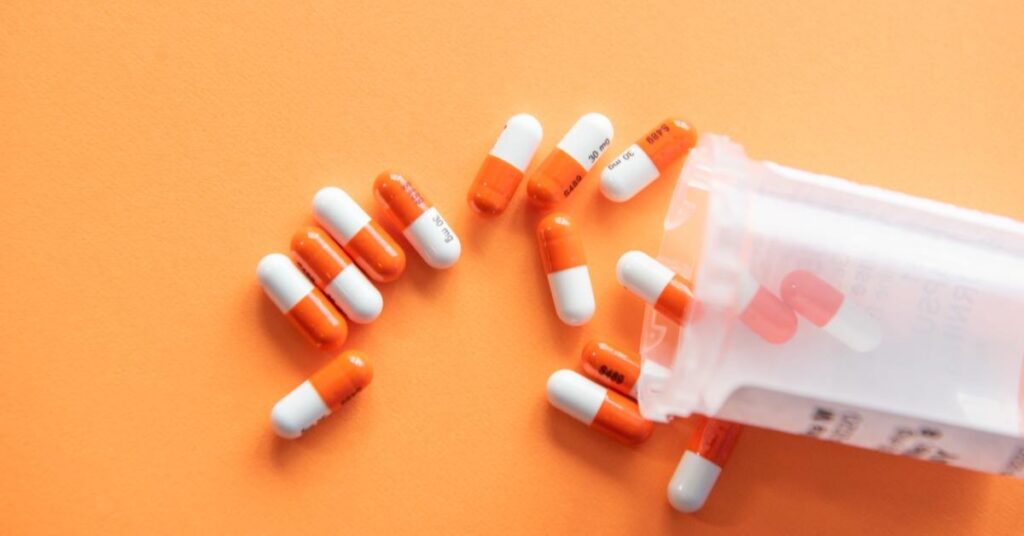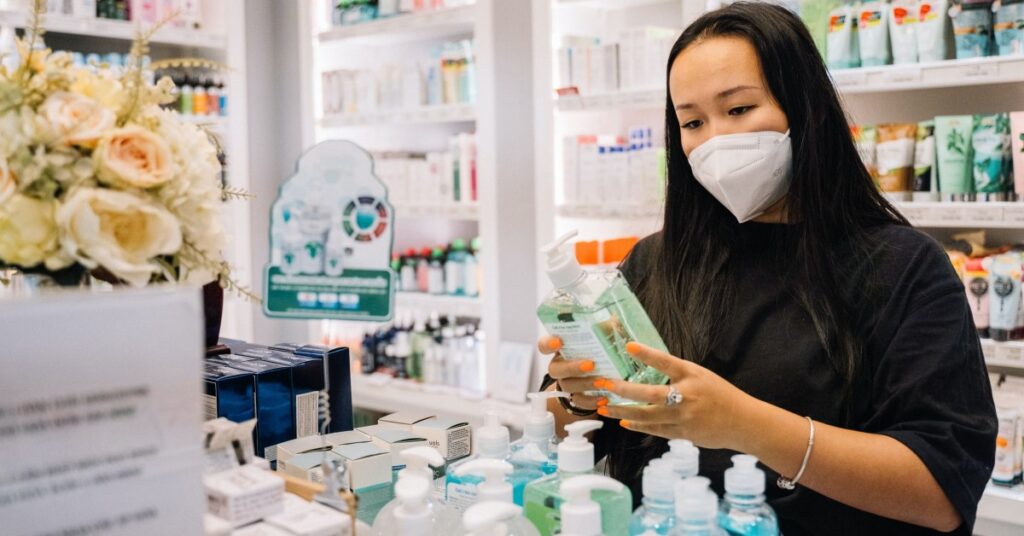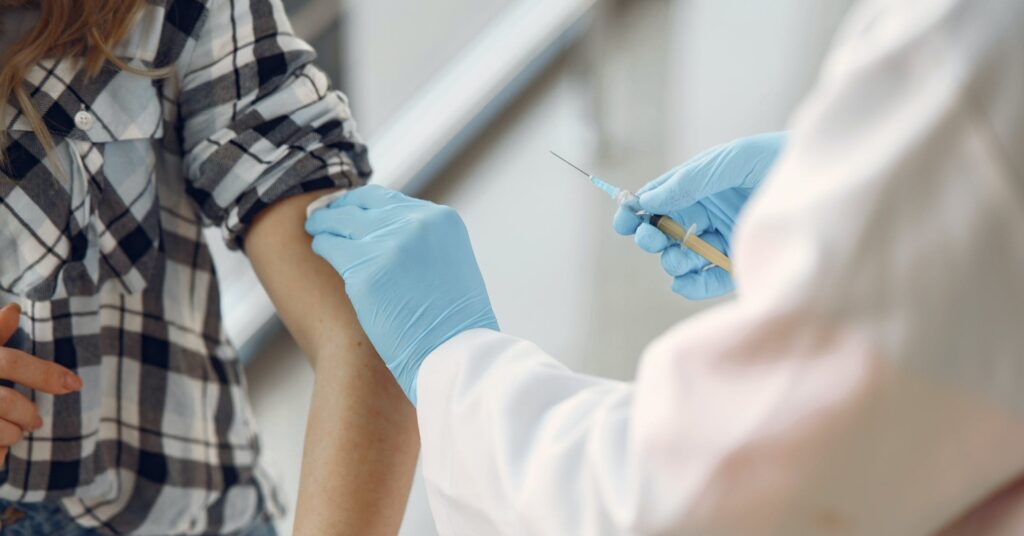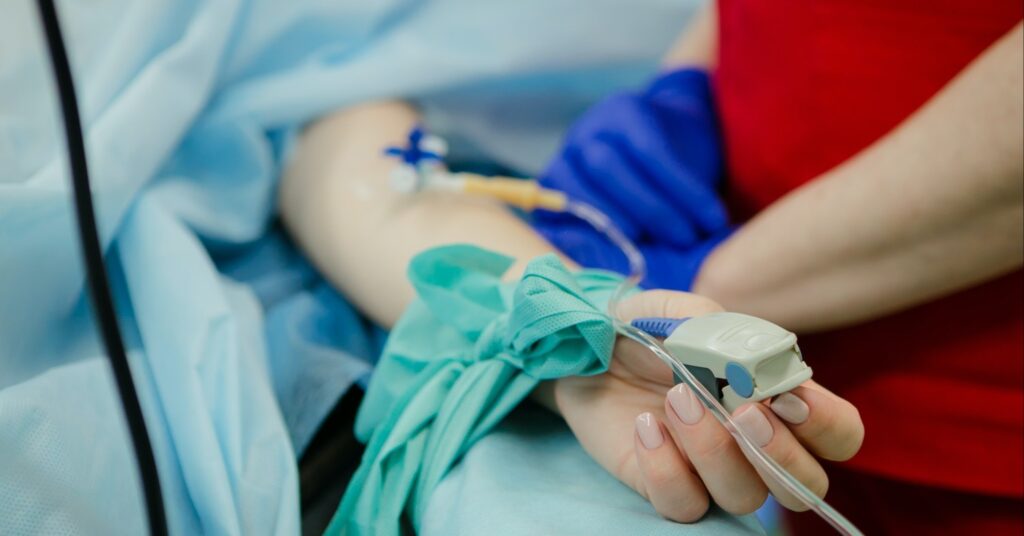Medicine - Career Paths & Degree Types
Don’t know how to survive working full-time while earning (and paying for) your medicine degree? Want to know which medicine career is a good fit? You’re in good company. Use this page as your homebase to explore our library of articles, book a free call with a Noodle expert, and find your perfect program.

Latest Articles

How to Become a Veterinarian: Degrees, Career Path, Salary, and More
Article

How Much Can Registered Nurses Earn in 2023?
Article

What Certifications Do Medical Social Workers Need?
Article

What is a 6-Year BS/PharmD Program?
Article

Why Get an MBA With Your PharmD?
Article

The Highest Paying Jobs for Pharmacists
Article

Top 10 Palliative Care Social Worker Skills
Article

Palliative Care Social Worker Certification
Article

How Much Does a Palliative Care Social Worker Make?
Article